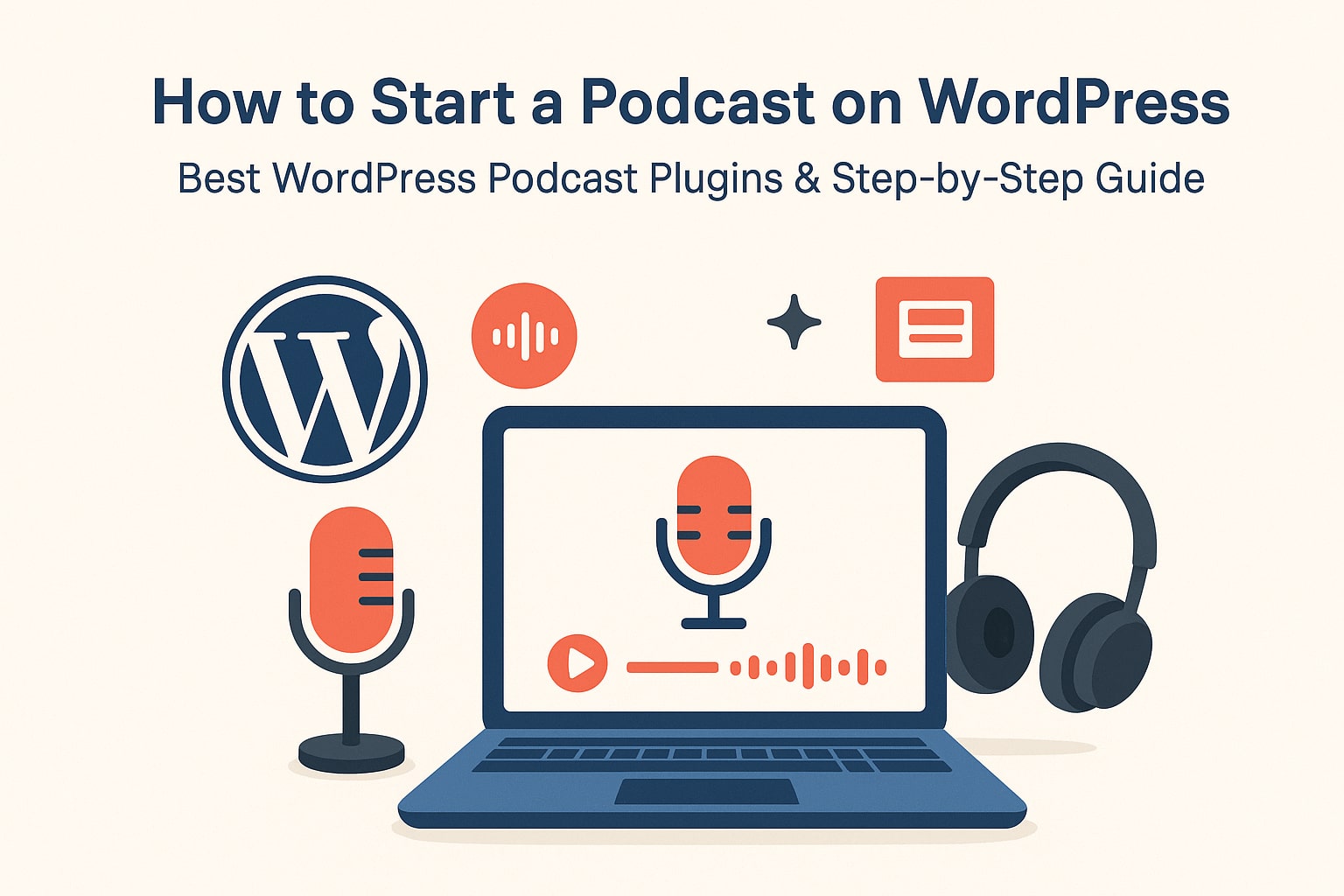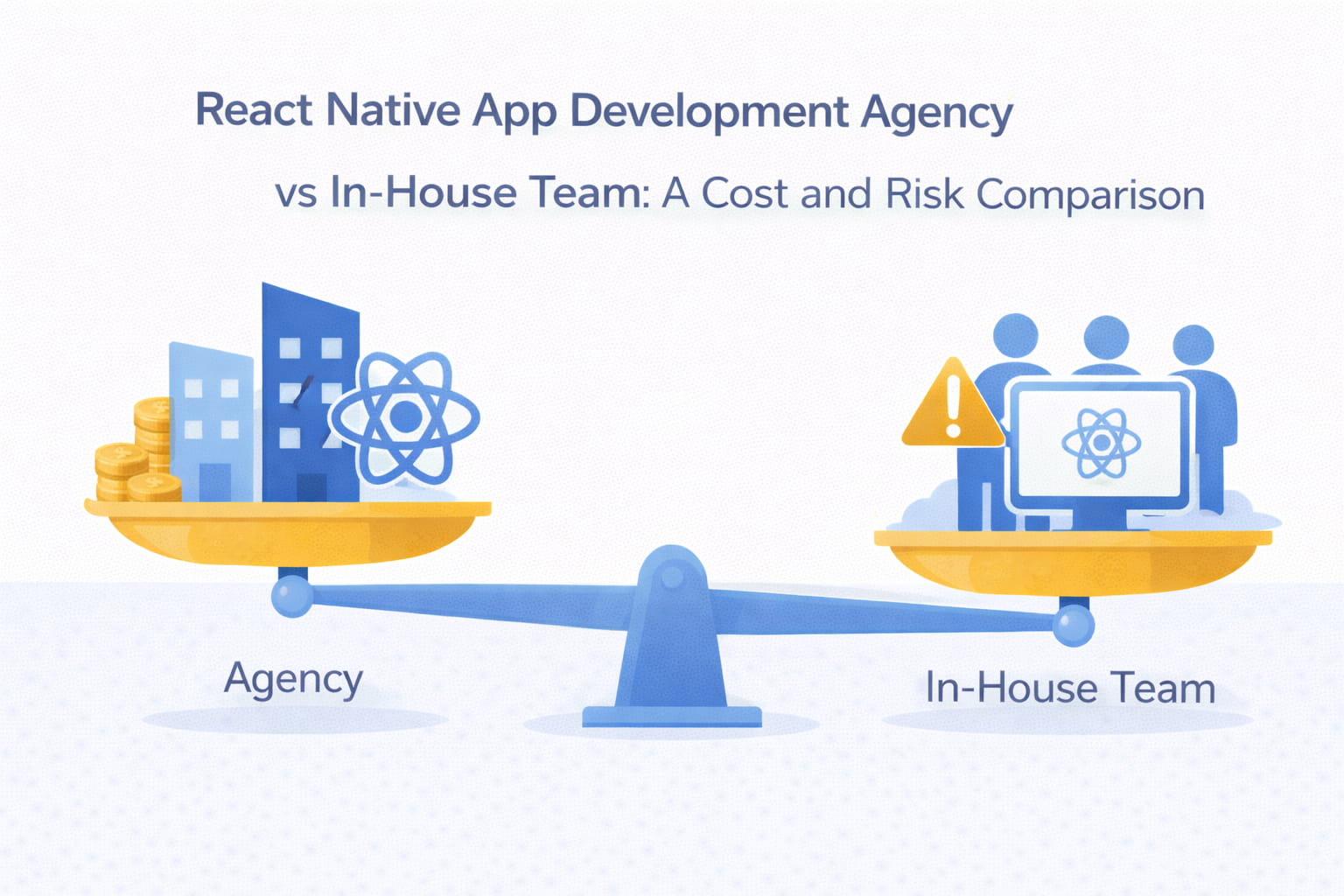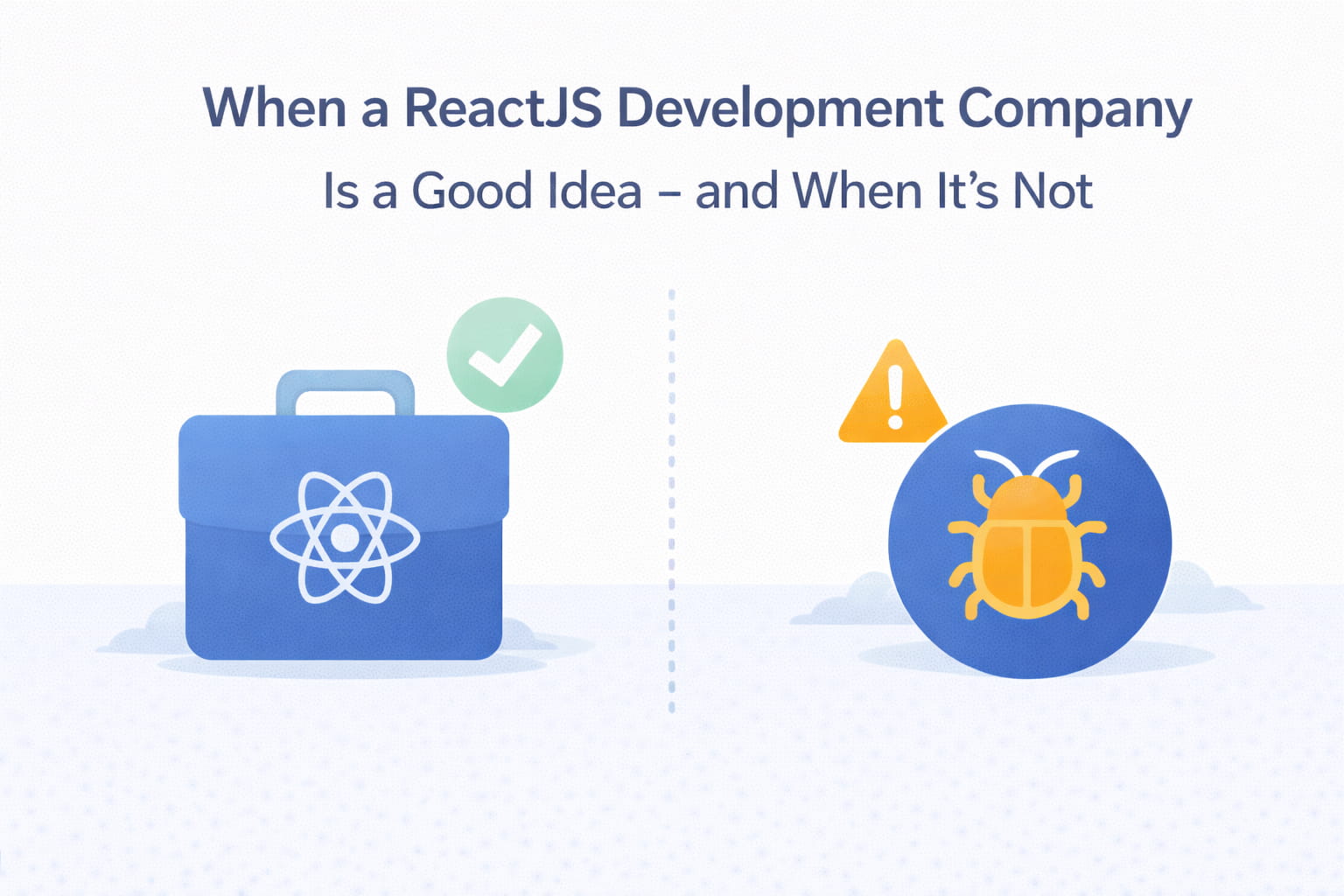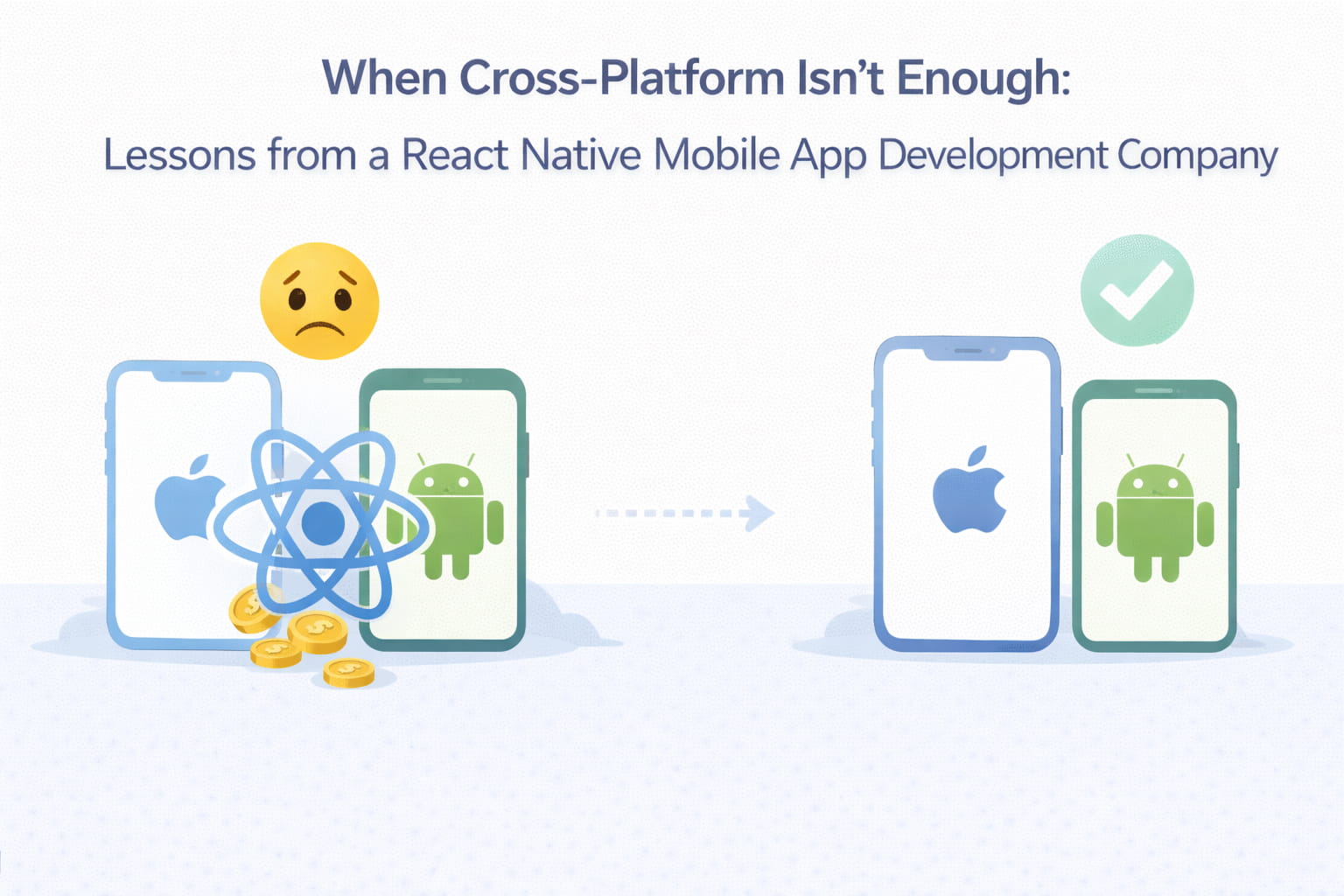Podcasts have become a key way to connect with listeners and grow an audience in today’s digital landscape. While WordPress offers a simple way to host and handle podcasts, the plugins and setup methods you pick can make a huge difference.
In this article we will show you the best WordPress podcast plugins and provide a step-by-step tutorial on how to launch your WordPress podcast.
Why Start a Podcast on WordPress?
Podcasts are getting more and more listeners, whether it’s for stories, marketing, or sharing ideas. By putting a podcast right on your WordPress website, you have total say over what people see and hear, and how your brand is presented.
If you host your podcast somewhere else but connect it to WordPress with plugins, you can handle content better. You also get good data and can share your podcast on well-known platforms. WordPress podcast plugins let you be both flexible and user-friendly. They also improve SEO, so people and search engines can find your podcast.
Step 1: Choose the Right WordPress Podcast Plugin
The first and most important step is selecting a WordPress podcast plugin that fits your business and content strategy. Here are four strong choices:
1. Blueberry PowerPress
PowerPress is a well-liked WordPress podcast plugin. A key advantage is its SEO setup, which handles your podcast posts like standard SEO plugins. It automatically sets up your schema, RSS feed prefixes, and episode information.
With PowerPress, you can pick either a basic audio player or one that shows notes, downloads, and subscriptions. Video hosting is supported too, either directly, by Blueberry, or on YouTube. The plugin is free and works well for both new and seasoned podcasters.
2. Fusebox Podcast Player
Fusebox provides many ways to customize your player. Even the free version lets you change brand colors, episode art, download choices, and sharing settings. Listeners can also change how fast the audio plays. The free version allows up to 10,000 listens for three shows. The premium version starts at $15 each month if you pay yearly.
This WordPress podcast plugin works well for brands that want a good-looking, adaptable podcast player inside their site.
3. Seriously Simple Podcasting
Seriously Simple Podcasting is a good option if you want a simple, but useful plugin for your podcast. It works with many hosts, tracks episode stats, and lets you include transcripts without problems. You can also find extensions to expand your podcast as needed.
Digital Octane frequently recommends this plugin to clients who need a direct, strong WordPress podcast plugin.
4. Podlove Podcast Publisher
Podlove is a powerful option for advanced users. It includes a clean HTML5 web player, customizable feeds, podcast landing pages, and flexible permalink structures. Podlove is compatible with the Gutenberg block editor, giving you control over layout and presentation.
This plugin is most useful for creators or agencies that want complete control over their podcast distribution and search engine visibility.
Step 2: Install and Configure Your Plugin
After choosing a plugin, the setup is simple:
- Log in to your WordPress dashboard.
- Go to Plugins → Add New.
- Search for your chosen podcast plugin and click Install Now → Activate.
- Follow the plugin’s setup wizard to enter your podcast name, description, and cover image.
These details really matter for people to find your podcast and for search engines. Put keywords in your title and description to maximize your reach.
Step 3: Connect to a Podcast Hosting Platform
For audio files, it is advisable to use external hosting other than WordPress itself. Services such as Kastos, Libsyn, or Blubrry offer:
- Hosting that grows with your needs, which keeps server load low.
- In-depth data on listens, downloads, and audience.
- Simple RSS feed management for platforms like Apple Podcasts, Spotify, and Google Podcasts.
To connect your WordPress plugin to a hosting service, you usually need an API key. You can paste the key into the plugin settings to link your WordPress site to the external host.
Step 4: Create and Publish Episodes
Creating episodes works much like writing a blog post:
- Go to Podcast → Add New Episode.
- Enter your episode title, description, and show notes. Include links, references, and social media handles.
- Upload your audio file to your hosting platform.
- Publish the episode, and the plugin will automatically update your RSS feed.
Make sure each episode includes SEO-friendly keywords and structured metadata for discoverability.
Step 5: Configure RSS Feed and Distribution
To properly set up your podcast, your RSS feed acts as a link between your WordPress site and podcast directories. To ensure that your feed is set up correctly, check these settings:
- Assign categories so people can find your podcast easily.
- Upload a good cover image.
- Check your descriptions and metadata for search engine results.
After your feed is set, send it to popular platforms such as Apple Podcasts, Spotify, and Google Podcasts. That way, new episodes will show up automatically when you post them.
Step 6: Optimize for SEO and Audience Engagement
To make a WordPress podcast successful, focus on search engine optimization and audience interaction:
- Include relevant keywords in episode titles, descriptions, and show notes.
- Use plugins to generate structured metadata automatically.
- Add transcripts for accessibility and search engine indexing.
- Encourage social sharing and subscriptions through clear call-to-actions.
Conclusion
Starting a podcast on WordPress is simpler than ever with the right plugin and setup strategy. Popular options like Blueberry PowerPress, Fusebox Podcast Player, Seriously Simple Podcasting, and Podlove Podcast Publisher offer tools for customization, analytics, and SEO optimization.
By following this step-by-step guide, integrating a hosting platform, and optimizing your content, you can launch a professional podcast directly from your WordPress site. Working with experts like Digital Octane will ensure a simple setup, better visibility, and a strong base for growth.
WordPress podcast plugins let you control your content, watch how well it’s doing, and connect with your listeners. If you plan carefully and use the correct tools, your podcast can reach listeners all over the world and add to your online presence.



